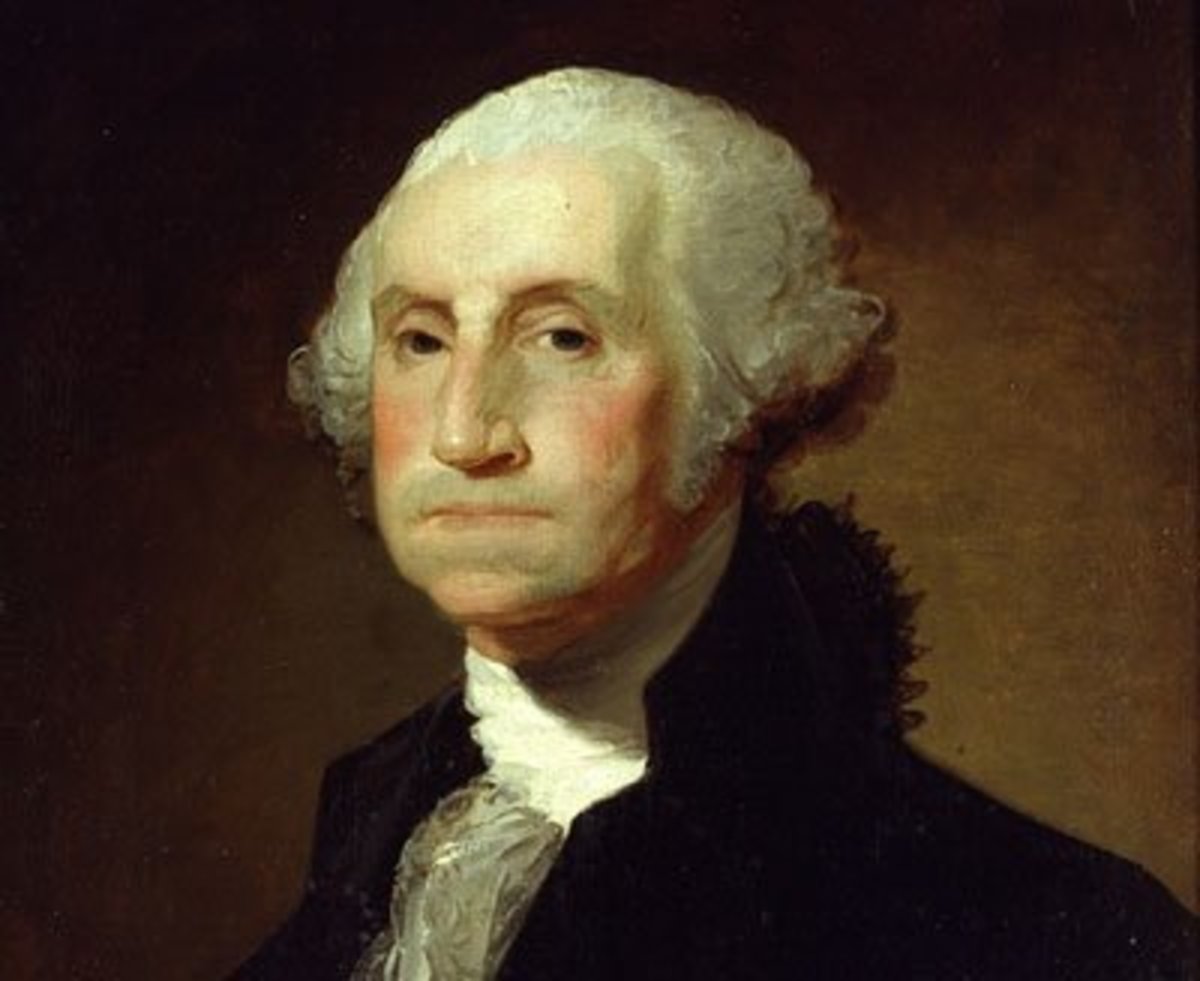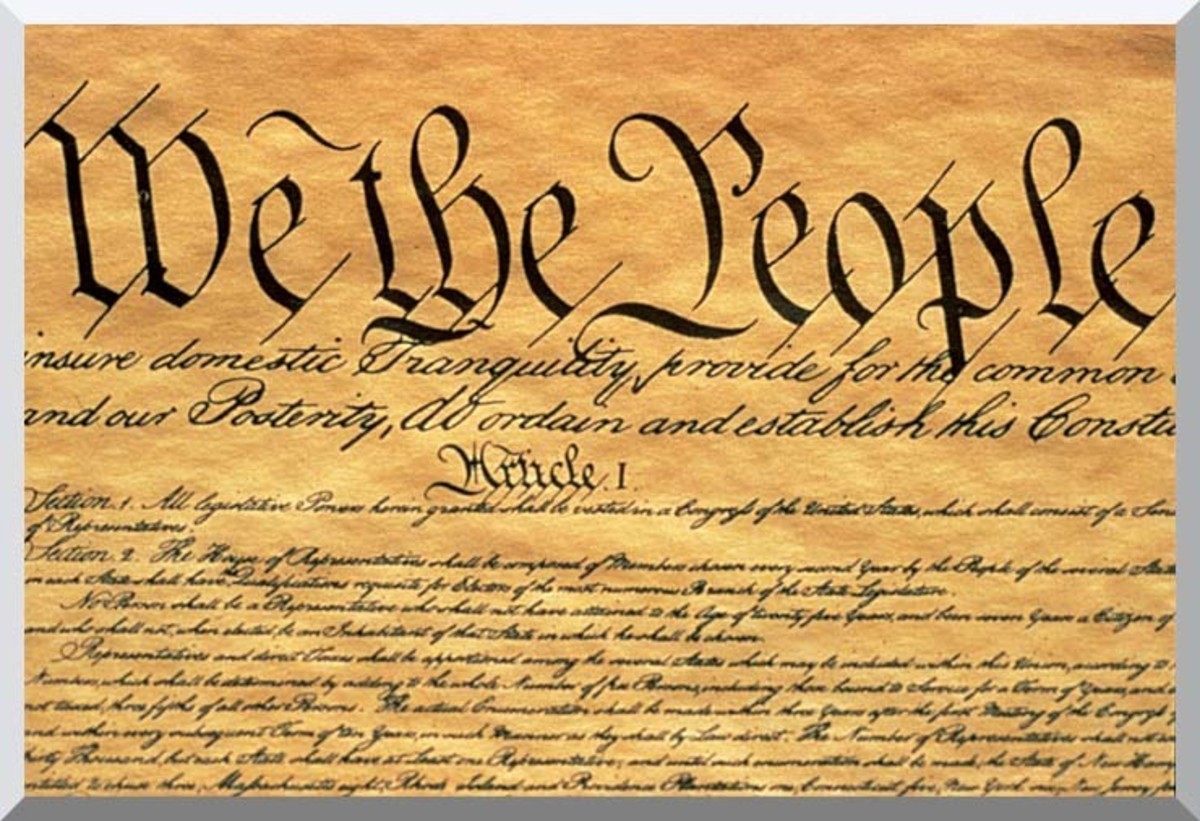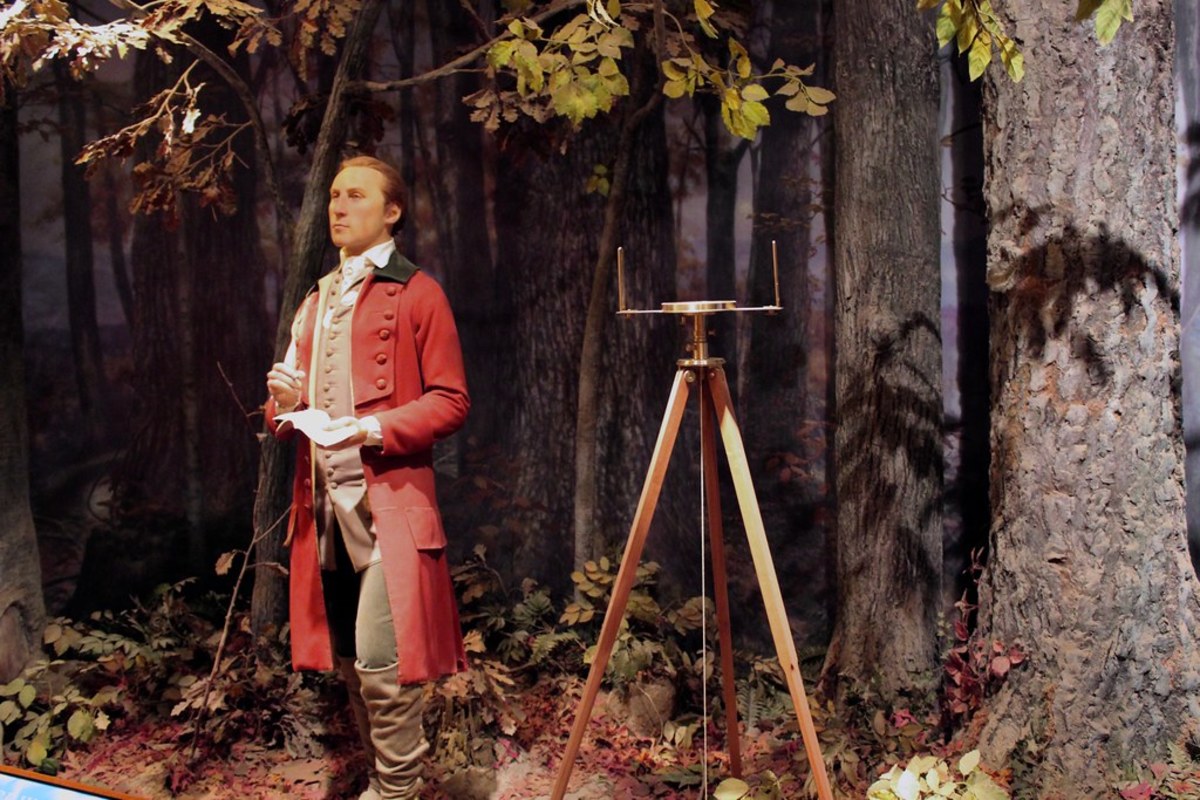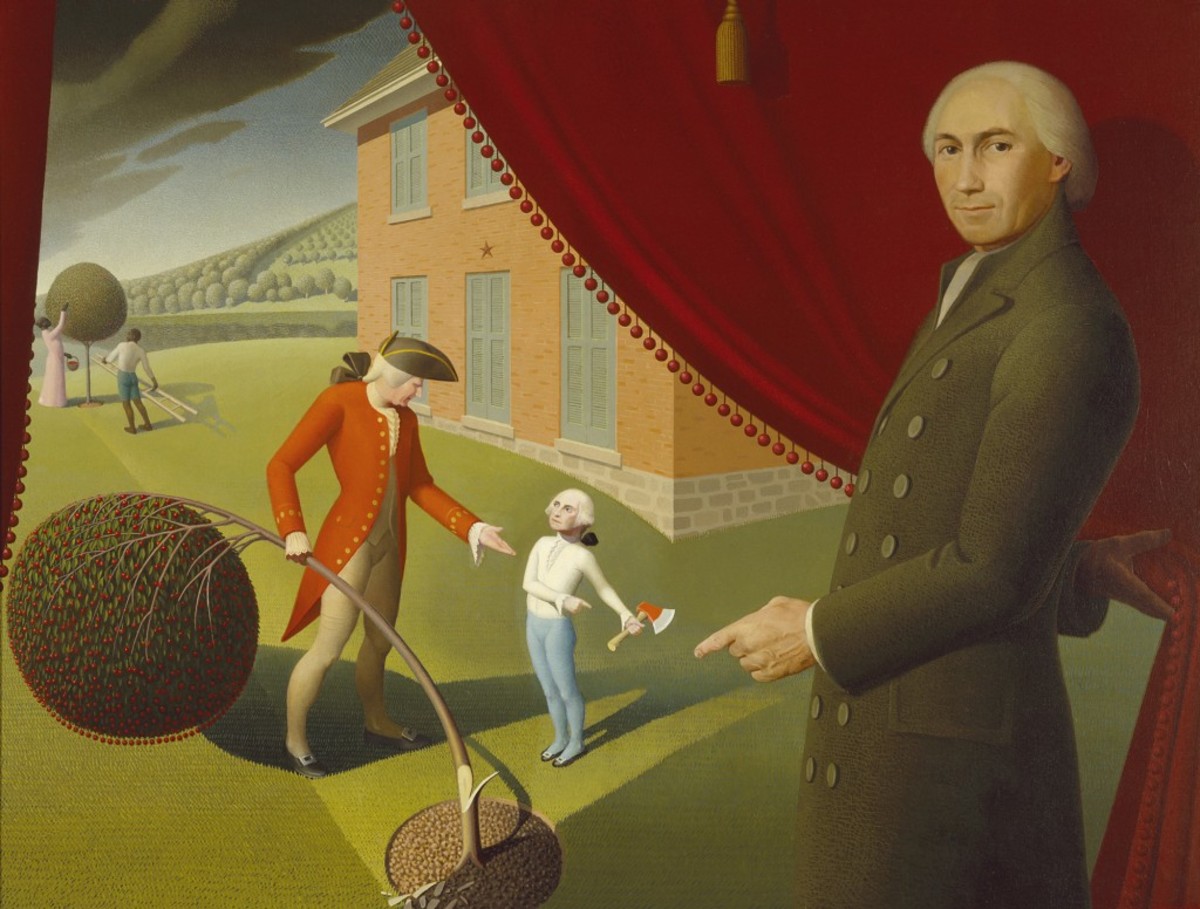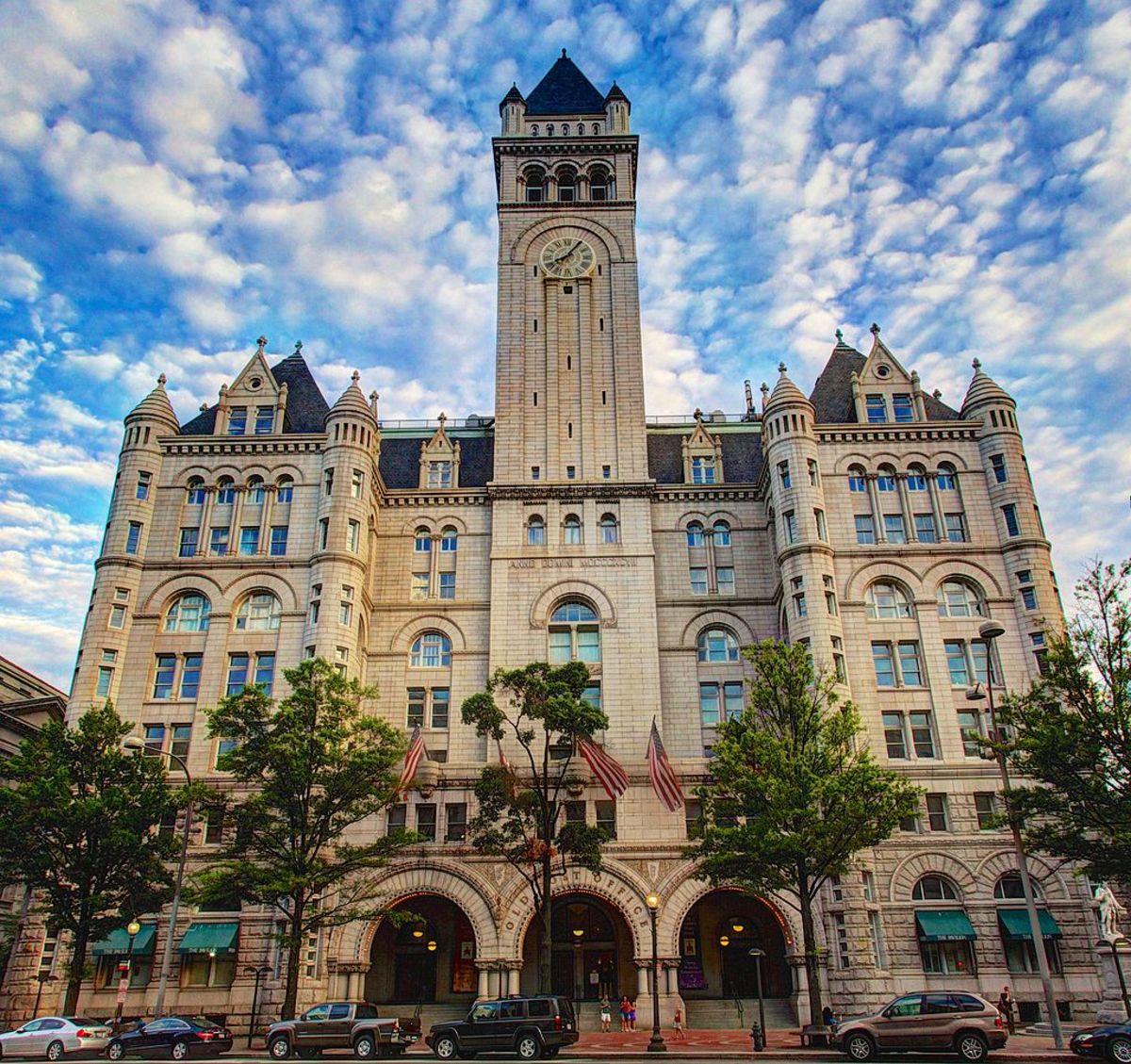AMERICAN EXCEPTIONALISM WASHINGTON TO POST WWII
George Washington Refuses Kingship
After the Revolutionary War’s end in 1783, Washington, refusing offers of kingship, resigned from command of the army and, it seemed, from public life. “Having now finished the work assigned to me, I retire from the great theatre of action,” he explained. Washington’s resignation, more perhaps than his prior actions, demonstrated his strong sense of pietas , devotion to one’s country and to one’s duty. The impression Washington’s resignation made upon the American consciousness is such that, to this day, it is expected of a commanding general to retire after a successful campaign—a tradition carried through by the force of Washington’s precedent alone.
George Washington had hoped the winning of The Revolutionary War would be the end of his public service, but such was not to be the case. In 1786 a rebellion of indebted farmers almost succeeded in overthrowing the government of Massachusetts.
The new nation was fragile and this concerned many of the founders. This concern was manifest in the convening of delegates from every state in Philadelphia in May of 1787. The goal of this convention was “to form a more perfect Union”. George Washington was unanimously elected President of The Constitutional Convention. He seldom debated the issues brought out in the deliberations while preferring to remain neutral. He did vote on the issues after debate had concluded.
After the convention Washington was very influential in both the Virginia Legislature and the entire nation and the Constitution was approved by all thirteen states. George Washington was subsequently unanimously elected President of The United States in both 1789 and again in 1792. The first Congress of The United States of America set the presidential salary at $25,000, which was an extremely large sum for that time. With Washington being a man of independent wealth he first refused the salary, but at the urging of congress and his own rethinking of the issue of the salary. Washington accepted the salary. As he explained “I did not want to set a precedent that only a man of independent means would be in a position to be President of The United States.”
After serving his two terms as president Washington refused to run again setting a precedent that was universally observed until broken by Franklin D. Roosevelt. So the man who could have been king retired to Mount Vernon. After Roosevelt the 22nd Amendment to The Constitution limited the president to two terms.
George Washington “NO TO POLITICAL PARTIES”
Washington was not a member of any political party and hoped that they would not be formed, fearing conflict and stagnation. His closest advisors formed two factions, setting the framework for the future first party system Secretary of Treasury Alexander Hamilton had bold plans to establish the national credit and build a financially powerful nation, and formed the basis of the Federalist Party. Secretary of State Thomas Jefferson, founder of the Jeffersonian Republicans, strenuously opposed Hamilton's agenda, but Washington favored Hamilton over Jefferson. So Washington’s advice against the formation of political parties was ignored, and as a direct result Alexander Hamilton was killed in a duel with Arron Burr due to personal animosity that was fomented by their political differences.
George Washington Father of The Nation
By Washington’s entire life of service to his nation he earned the title Father of The Nation.
- He commanded the Continental Army throughout the Revolution.
- He was President of the Constitutional Convention.
- He was a very influential persuader for adoption of the Constitution.
- He gave great council warning the formation of political parties, which the nation ignored much to our own peril.
- He set a very prudent precedent of only serving two presidential terms.
Post World War II America
I have skipped over a considerable amount of time from the time of Washington to the end of World War II. I do think this is justifiable in making the point of American exceptionalism. At the end of World War II America found herself in a unique place and time in history. Our European allies and enemies alike found themselves in a precarious position. The same was true for our Pacific allies and enemies. All of these had suffered horrendous destruction as a result of World War II.
What would post war America do in the face of these circumstances? America had expended much national treasure in resources and the blood of our patriotic soldiers in fighting for liberation of the entire World. Would post World War II America retreat to fortress America as had been done following World War I? Would America retreat to comfortable isolationist pre war status as had been done after World War I?
This time the America of post World War II chose another course. We rebuilt the Global destruction via the Marshall Plan of both ally and enemy alike. This is but one of the examples of post World War II American exceptionalism.
I believe with every fiber of my body that no other nation in the history of mankind would have been the sole possessor of an atomic bomb at any time in history, and not have used such a powerful weapon of mass destruction as a means of Global conquest. Global conquest is anathema to the American spirit. This lack of desire for Global conquest is my best argument for American exceptionalism.

